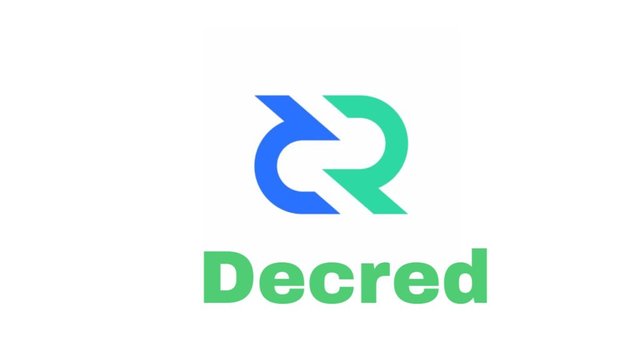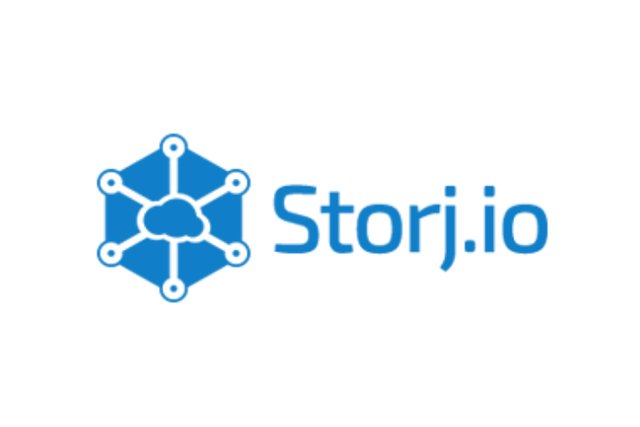I’d first off like to start off by thanking Michael K. Spencer for listing me as a Top Crypto Writer on Medium in 2018 (#28/100) — it means a lot to see my content and sharing of know-how resonating with readers.
As cited in one of my previous posts, despite the bear market, not the whole lot is doom and gloom. The technology that will revolutionize our lives nevertheless exists and is thriving. Alongside it, there are cash that you can earn passive income with, regardless if the market is inexperienced or red.
In Part 3 of my series, I will spotlight some other 3 Cryptocurrencies that enable you to earn a passive income. If you haven’t received the risk to examine my preceding ones, right here are some handy links: Part 1 | Part 2
“If you don’t locate a way to make cash while you sleep, you will work till you die” — Warren Buffett
- Ontology (ONT)

Ontology is a diverse, integrated, allotted believe network and the infrastructure for constructing a have faith ecosystem. Ontology encourages believe cooperation and approves projects of all shapes, sizes, and technologies with different business eventualities and compliance requirements to pass by through Ontology’s chain networks and take benefit of the allotted have faith network how they see fit.
Unlike all other cash I have mentioned in the previous (with the exception of VeChain Thor), Ontology is nonetheless very a whole lot a work in growth but one with massive potential and this can be considered with the aid of how properly it’s performing even in this undergo market. Just to give you an idea, it used to be launched on Binance at ~1.30$ and at the time of writing stands at ~7.42$ (a ~570% increase) as a time the place the whole cryptocurrency market cap has dropped through more than 13%.
Ontology will use a consensus mechanism known as Verified Byzantine Fault Tolerance (VBFT).
VBFT is a new consensus algorithm that combines PoS, VRF (Verifiable Random Function), and BFT. With VBFT, Ontology nodes first observe for participation in network consensus thru placing stake. Then, via the usage of a verifiable random number, a number of nodes are chosen from among all the consensus nodes. The chosen nodes take the duty to propose, verify, and vote for new block(s).
The consensus mechanism is central to the passive earnings “piece” of Ontology. You can discover greater records about VBFT, here.
The Ontology network will characteristic a dual token mechanism that are sure together — ONT (the cryptocurrency coin of most important chain services) & ONG (the utility token of primary chain operations). By owning and conserving ONT; you will passively earn ONG.
The Ontology Governance Model, which approves the ‘passive income’, is compromised with the aid of the “Triones Economic Model which uses ONT/ONG and combines the VBFT consensus algorithm and a consensus management clever contract”. You can locate extra information about the “Triones Consensus System Economic Model”, here.
In order to earn ONG, you will honestly want to hold ONT in your wallet and ONG will accumulate over time. There is very little effort involved on your part. To get an concept on how an awful lot ONG you will generate, you can test this calculator.
You can purchase ONT on Binance, Huobi, KuCoin, Gate.io and many others.
- Decred (DCR)

Decred is a cryptocurrency that solves blockchain governance. It permits users to seamlessly transition from one set of consensus policies to another. This is a complicated problem, as verified by the difficulties experienced in Bitcoin governance. Decred uses an progressive hybrid proof-of-work (PoW)/proof-of-stake (PoS) device similar to proof-of-activity (PoA) to clear up this hassle and gives users of the currency decision-making electricity about the set of consensus policies to activate.
Decred has implemented a hybrid consensus mechanism, combining Proof-Of-Work (PoW) and Proof-Of-Stake (PoS) thus getting rid of one of the largest problems with PoW — miner centralization (Jimmy Song has an remarkable piece on this).
This hybrid designs lets in each block to be mined simply like Bitcoin (PoW), as properly as, allow stakeholders to vote (PoS) on a couple of things; the validity of the freshly mined block and any proposed facets or modifications to the network. Voting is enabled through purchasing balloting tickets, which temporarily locks voters’ DCR. The voter’s reward received, currently stands at 30% of the complete reward; take a look at right here for the state-of-the-art reward figures. You can additionally discover extra information about this hybrid design, here.
Very briefly, to earn passive earnings with Decred you need to comply with these steps:
Set-up and fund a Decred wallet
Pick a voting pool (also acknowledged as a stake pool) and sign up on the pool’s website. More facts on stake pools can be observed here.
Purchase balloting tickets
You can discover a special information on how to set-up Decred staking and earn passive income, here.
DCR can be purchased on Bittrex, Poloniex, Cryptopia and a few others.
- Storj ( STORJ)

Storj is a protocol, cryptocurrency, and suite of decentralized functions that permits customers to save information in a tightly closed and decentralized manner. It uses Bitcoin-inspired elements like a transaction ledger, public/private key encryption, and cryptographic hash features for security.
Storj nodes, or common computer systems going for walks the software, promote assets to save and switch facts and earn STORJ (or different cryptocurrencies) in change for their services.
Essentially, Storj is the open-source, decentralized, blockchain-based counterpart of Dropbox, OneDrive, Google Drive, etc. Traditional centralized options have a quantity of drawbacks (privacy, security, outages, etc.) which Storj solves the usage of the blockchain and peer-to-peer networks.
Unlike all other coins part of this submit (and previous posts in this series), with Storj, you want to contribute sources for something in return. Contribution to the Storj network comes in the shape of storage space and bandwidth. Given how easy it is to set-up and get started out with Storj, if you have unused storage space and/or bandwidth, this surely turns into passive income.
A tutorial on how to setup and start contributing your unused sources on the Storj network, can be discovered here.
Unfortunately, there is no handy way to calculate the Storj payout as there are severa factors that affect the payout, such as:
How many human beings will add to the community in the future (and how much)
How many human beings and how lots will they down load the documents again
Quality of the node contributing resources
Having stated that, there are small print on how the calculation works and how payments are made, here.
If you would like to see a weblog put up discussing coins similar to Storj (i.e. contributing unused assets for some thing in return), please feel free to drop me a message or a remark below.
You can buy STORJ on Binance, Huobi, Bittrex, Gate.io and many others.